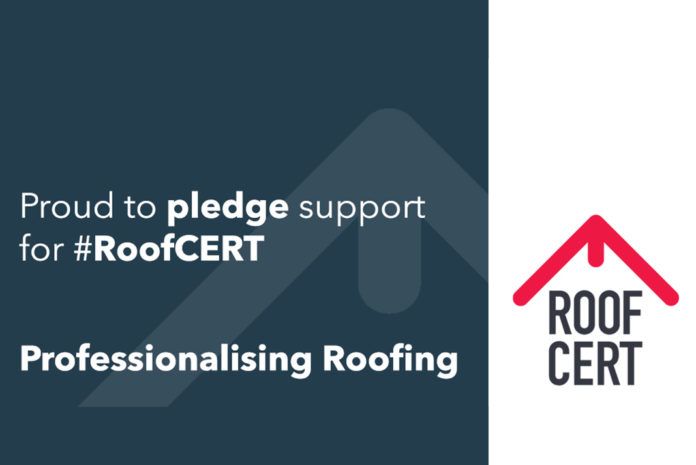The roofing industry faces some fundamental challenges in the way it delivers buildings. Issues around quality and safety were brought into sharp focus by the tragic events at Grenfell Tower. Add to this the disruption brought about by the adoption of digital technology and modern methods of construction, and it can no longer be business as usual.
A skilled workforce able to meet these challenges is critical – whether that means upskilling the existing workforce or attracting new talent who can bring with them new skills needed to keep pace with changing times. Then there is the looming and ever-growing skills gap, exacerbated by the uncertainty over the use of foreign workers after Brexit. The challenge is particularly acute for roofing because the average age of a roofer is 55 and many will be approaching retirement. Time is therefore not on our industry’s side and we are competing for new blood..
A skilled workforce is also as much to do with trust and reputation as it is about technical ability. If a Which? consumer survey carried out in June 2018 is indicative of customer attitudes, then roofing has some major reputational issues to overcome. The survey of 1,461 Which? members found that roofers were the least trusted of all trades, compared to electricians and central heating engineers who were the most-trusted because they were viewed as being better regulated under well-known and trusted NICEIC and Gas Safe accreditation schemes.
For all those roofing contractors who deliver quality projects safely, day in and day out, this survey will cause no small amount of frustration. Quite simply, it is too easy for the unscrupulous amateur to set themselves up as roofers, without any technical knowledge and scant regard to safety, ruining the reputation of the rest of our industry.
Accreditation of our industry will go a long way to solving the competency and reputational issues we face. Not only will it certify that a contractor has the competency to carry out work, but the path towards formal accreditation will naturally improve skills and provide a better career path for those already working within the industry and those considering it as a new career. Accreditation will help to professionalise roofing.
RoofCERT – the roofer’s accreditation scheme
To begin tackling these issues head-on, the NFRC has partnered with the CITB on a four-year programme to develop RoofCERT, an accreditation standard that is recognised by consumers and the wider construction supply chain alike. In essence, RoofCERT is our industry’s equivalent of Gas Safe and has a target to accredit 5,000 roofers by 2020.
RoofCERT is therefore focusing on approaches to upskilling the current workforce, attracting new talent, improving efficiency, encouraging the use of new technology, and improving roofing’s image. To do this we have established activity groups, which include roofing contractors, but also people from the wider construction industry as well as other industries. These groups have been tasked with setting out the criteria for developing and delivering the key elements of RoofCERT and will report back to the leadership group, similarly made up of people from roofing and the wider construction supply chain.
The accreditation and standards group are defining the skills and career profile needed for a professional roofer, and the supply chain collaboration group are assessing the pipeline of training and ensuring quality provision. Meanwhile, the attraction group are exploring how to better communicate roofing as a career, including routes to qualification.
This development period is crucial if we are to get it right. That includes developing a ‘gateway’ to RoofCERT, which involves contractors sitting a threshold test to assess their knowledge of standards, such as BS5534 for pitched. This would involve multiple choice questions, with a minimum number of correctly-answered questions needed to pass on to the next stage of RoofCERT accreditation.
However, RoofCERT will take into account prior experience and training, for example, contractors that have completed BCP manufacturer training or possess NVQs. For those contractors without formal qualifications, prior experience will be mapped to industry standards and credited with a certain number of points through a professional interview with a skills auditor.
RoofCERT accreditation will be free for the first 5,000 roofers and although the future cost is being assessed, it will be implemented in a way that is affordable for contractors and buyers.
This article appeared within ‘The Envelope’ section in the October issue of RCI on page 12.




